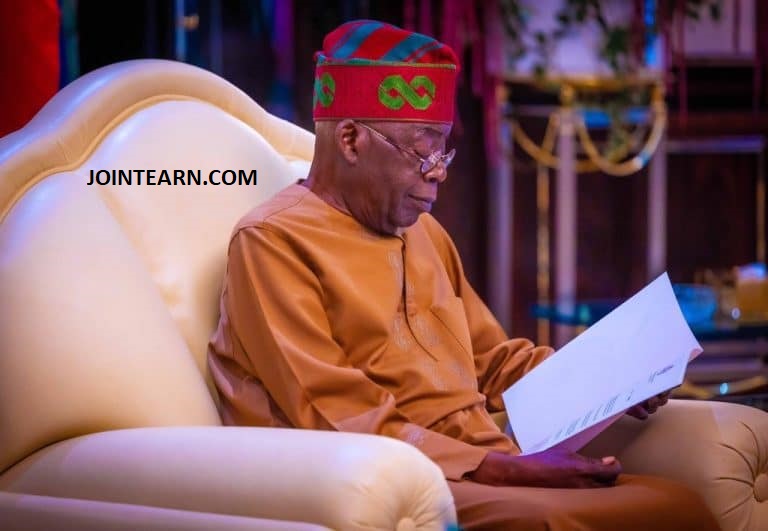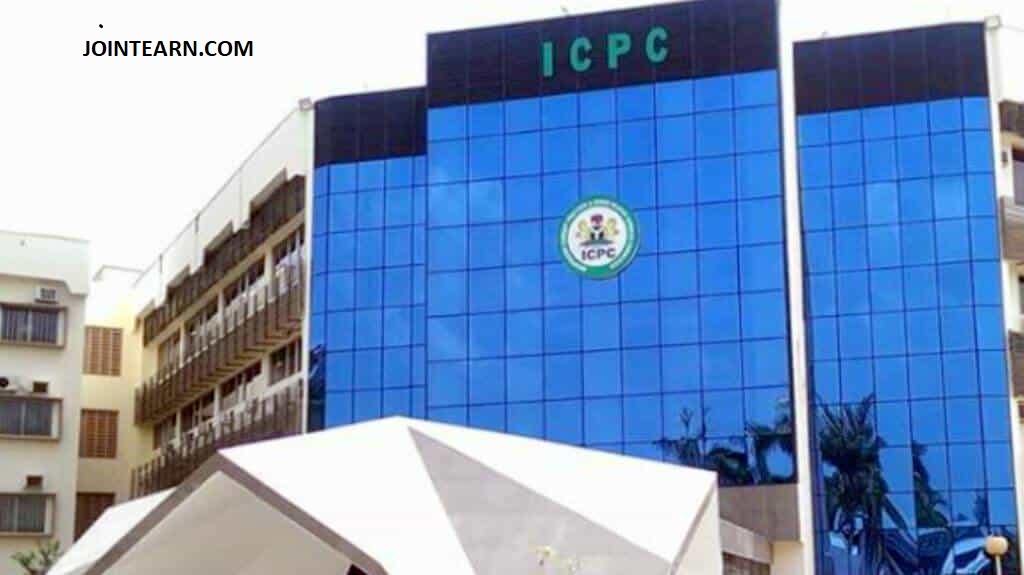As the United States Federal Bureau of Investigation (FBI) readies itself for the public release of long-awaited documents concerning Nigerian President Bola Ahmed Tinubu, a wave of mixed reactions has emerged across Nigeria’s political spectrum. The release, scheduled to take place over several tranches, is generating intense public interest and stirring controversy, particularly among opposition figures and civil society actors.
The forthcoming documents, which reportedly contain over 2,500 pages related to investigations and activities involving Tinubu during his time in the United States, have become a focal point for critics and supporters alike. The anticipation stems largely from Tinubu’s previous entanglement in a 1990s U.S. civil forfeiture case related to alleged drug-related proceeds—a case that has never been fully addressed in the public domain.
Opposition Figures React
Leading opposition politicians have offered mixed, yet largely critical, reactions to the upcoming release. Atiku Abubakar, the 2023 presidential candidate of the Peoples Democratic Party (PDP), has called for transparency and accountability, reiterating his stance that Nigerians deserve full disclosure about the backgrounds of their leaders.
“This is a moment of reckoning for democratic institutions in Nigeria,” Atiku said through a spokesperson. “We await the documents not with malice, but with a belief that the truth, when fully exposed, will strengthen our democracy.”
Similarly, Peter Obi, leader of the Labour Party and another major opposition contender in the last election, emphasized that the release could mark a turning point in how public accountability is approached in Nigeria. “This is not about one individual,” Obi said. “This is about whether we as a country are willing to face difficult truths and act on them.”
Other opposition figures, however, have taken a more combative tone. Dele Farotimi, a lawyer and political commentator aligned with the ‘Obidient’ movement, questioned the legitimacy of Tinubu’s presidency in light of the long-suspected allegations. “If these documents confirm what many of us have long believed, then Nigeria is being governed under false pretenses,” he argued.
Presidency and APC Maintain Caution
The presidency and members of the ruling All Progressives Congress (APC) have responded to the brewing controversy with caution. Presidential aides have described the release as a “non-issue” and warned against politicizing what they claim is a matter long resolved.
Special Adviser to the President on Media and Publicity, Ajuri Ngelale, stated, “There is no new information that can undermine the legitimacy of President Tinubu’s election or his ability to govern. Nigerians voted overwhelmingly for him based on his track record and vision for the country.”
Echoing this sentiment, APC National Secretary, Senator Ajibola Basiru, said that the opposition is merely trying to stir public unrest. “This is part of a sustained smear campaign. We trust the American legal system and we believe that if there were any criminal issues, they would have been prosecuted at the time,” Basiru noted.
Civil Society and Legal Experts Weigh In
Beyond political circles, civil society organizations and legal experts are watching the situation closely, with many emphasizing the potential legal and ethical ramifications. Several Nigerian lawyers have pointed out that while the release of FBI files may not directly result in any legal action in Nigeria, it could inform public discourse and democratic engagement.
Human rights lawyer Femi Falana (SAN) welcomed the planned release, noting that it would enhance transparency and possibly prompt electoral reforms. “The credibility of leaders is paramount in a democracy. If any of the contents suggest misconduct, the Nigerian people have a right to know,” he said.
Civil society organizations such as the Socio-Economic Rights and Accountability Project (SERAP) have also urged the government to treat the matter with seriousness and not simply dismiss it as irrelevant. “We cannot afford to trivialize issues of integrity and transparency,” SERAP stated in a press release. “The presidency owes it to Nigerians to address whatever concerns the files may raise.”
Public Reactions Reflect Divided Sentiment
On the streets and across social media, Nigerians are reacting with a blend of curiosity, skepticism, and anticipation. Hashtags such as #TinubuFiles and #FBIRelease have been trending, with citizens debating the implications of what might be disclosed.
For some, the release represents an opportunity to revisit unanswered questions from the past, especially regarding Tinubu’s time in Chicago and alleged links to financial transactions that led to asset forfeiture. For others, it is an unnecessary distraction from more pressing national issues such as the economy, security, and governance.
“I don’t care what he did in the past,” said one trader in Lagos. “What matters to me is if he can fix this country now. We have more urgent problems.”
Still, others believe the past is crucial to understanding present governance. “If he has skeletons in his closet, we must know,” said a university student in Abuja. “How can we build a better country if we ignore history?”
Conclusion: A Moment of Political Reflection
As the date of the FBI’s document release draws nearer, it is clear that Nigeria is entering a period of heightened political sensitivity. Whether the files will contain explosive revelations or reinforce existing narratives remains to be seen, but their publication is certain to fuel debate about transparency, leadership, and Nigeria’s path forward.
Observers agree that regardless of the content, the public response—and how institutions handle the fallout—will be a critical test for Nigeria’s democracy. In a nation where allegations often lead to little consequence, the coming days may provide either a reaffirmation of the status quo or the beginning of a deeper reckoning.












